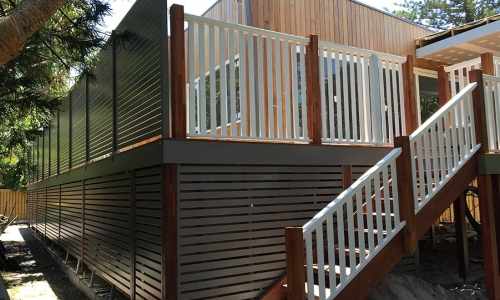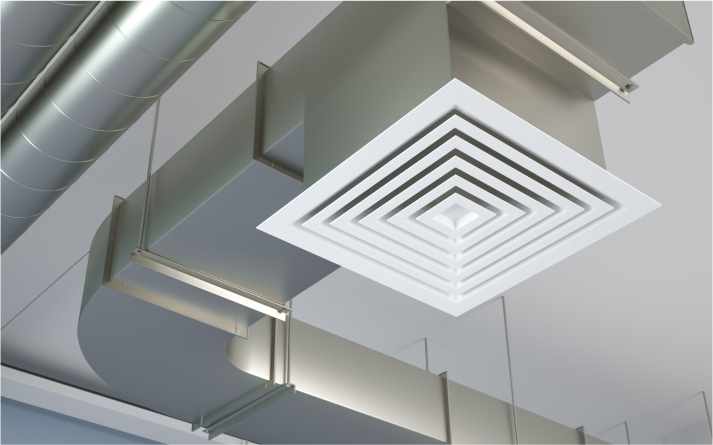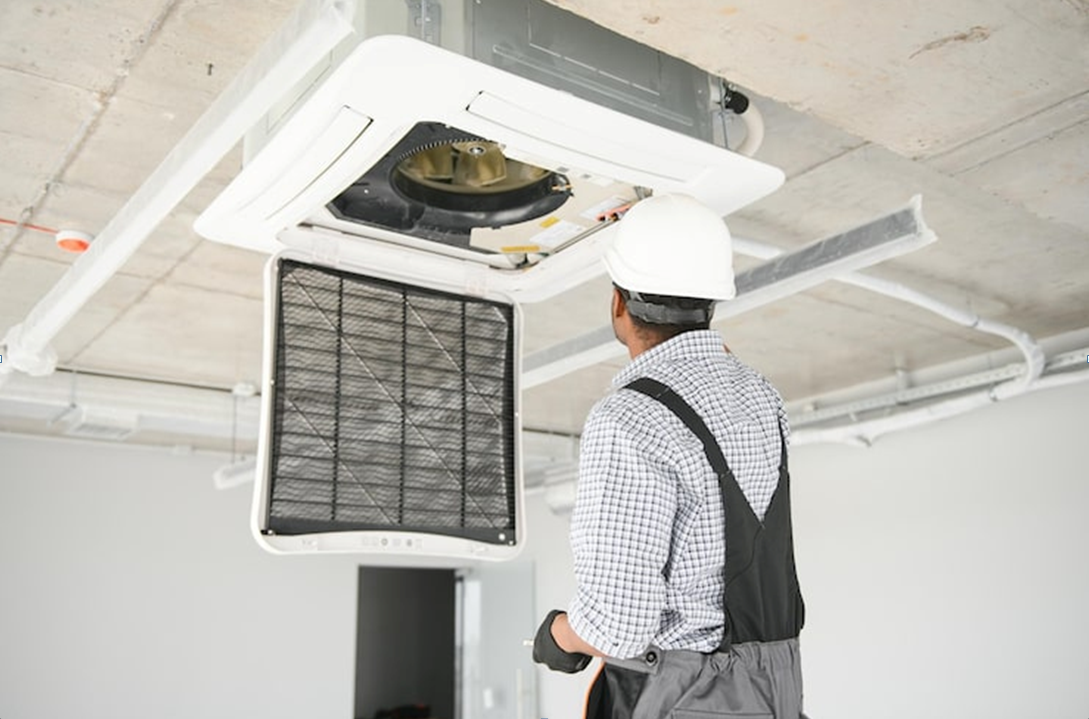
The metal fabrication industry is transforming rapidly, thanks to advancements in material science. Modern sheet metal alloys are stronger, lighter, and more versatile than ever. These innovations are changing how products are designed, built, and used across industries. From aerospace to automotive, and even architecture, these new alloys are redefining possibilities in custom metal fabrication.
Understanding Advanced Sheet Metal Alloys
Sheet metal alloys are blends of metals that create materials with improved strength, flexibility, or corrosion resistance. Traditional alloys like stainless steel and aluminum have long been the standard. But as industries demand lighter, more durable materials, new generations of alloys are emerging.
Modern alloys combine metals like magnesium, titanium, and chromium with steel or aluminum. This fusion results in materials that can handle extreme conditions without losing their structure. These changes are particularly valuable in manufacturing, where both performance and efficiency matter.
For instance, aerospace engineers now use titanium-aluminum alloys to cut aircraft weight while keeping them strong. Car manufacturers use advanced steel alloys to make vehicles safer and more fuel-efficient. Even architectural designers benefit, using these alloys to create striking yet resilient structures.
Why the Shift Toward New Sheet Metal Alloys
The world is pushing for sustainability, efficiency, and innovation. This shift drives the demand for smarter materials. Industries want metals that use fewer resources but deliver better results.
Here are a few main reasons why this shift is happening:
Sustainability: Manufacturers are under pressure to reduce emissions and waste. Advanced alloys often require less raw material, helping to cut environmental impact.
Efficiency: New alloys can be formed more easily, allowing faster production with less energy.
Durability: These metals last longer and resist corrosion, lowering maintenance costs.
Lightweight Strength: A lighter material with the same strength reduces fuel use in vehicles and energy costs in construction.
Mackay, Australia, is one of the regions embracing this transformation. Businesses offering sheet fabrication manufacturers services in Mackay, Australia are investing in new alloy technologies to stay competitive.
Key Features of the New Generation of Alloys
The latest sheet metal alloys bring together strength, resilience, and flexibility. Here’s what sets them apart:
1. High Strength-to-Weight Ratio
One of the main benefits is their ability to provide excellent strength while being light. This property is crucial in industries like aviation and automotive manufacturing, where every kilogram saved counts.
2. Enhanced Corrosion Resistance
Traditional steel can rust or corrode over time, especially in harsh conditions. Modern alloys, however, resist corrosion better. This makes them perfect for coastal regions, including parts of Australia, where humidity and salt exposure are common.
3. Improved Formability
These alloys can be shaped and molded more easily without cracking. This property allows custom metal fabricators to design intricate parts for specific uses, saving both time and resources.
4. Longer Lifespan
Durability is key for any metal product. New alloys have longer service lives, reducing replacement costs. For industries, this means better returns on investment.
The Role of Custom Metal Fabrication in Alloy Development
Custom metal fabrication brings creativity and precision together. It’s not only about cutting and shaping metals but about understanding their behavior under stress, heat, and wear. As alloys evolve, fabricators must adapt their methods to handle them efficiently.
New alloys often require advanced fabrication techniques. For example, high-strength alloys might need laser cutting or water jetting for precision. Others demand specialized welding methods to maintain their structural integrity.
Fabricators in regions like Mackay are already using these techniques to produce superior products. Mackay Steel offers structural steel fabrication services in Mackay, Australia, that cater to both industrial and architectural projects. Their approach combines experience with modern machinery to create solutions that meet high performance standards.
Applications of Advanced Sheet Metal Alloys
The applications for these alloys are expanding quickly. Let’s explore where they’re making the biggest impact.
1. Automotive Industry
Car manufacturers are adopting new alloys to make vehicles lighter, which improves fuel efficiency and performance. High-strength steel alloys are now used in car frames to increase safety without adding extra weight.
2. Aerospace and Aviation
Aircraft components benefit from titanium and aluminum alloys because they resist heat and corrosion while keeping the aircraft light. This balance is essential for both safety and fuel savings.
3. Construction and Architecture
Modern buildings now feature sleek designs that depend on strong but flexible alloys. These materials support taller structures and complex shapes that traditional steel couldn’t handle as effectively.
4. Marine and Offshore Engineering
Ships and offshore platforms face constant exposure to saltwater. Advanced nickel and chromium-based alloys are perfect for these environments, offering strength and corrosion protection.
5. Renewable Energy Systems
Wind turbines and solar panel frameworks use advanced alloys that can endure changing weather conditions without deteriorating. Their strength and reliability make them a smart choice for sustainable energy projects.
What Makes Mackay a Hub for Sheet Fabrication Manufacturers Services
Mackay, located in Queensland, is a thriving industrial center. Its proximity to major mining and construction operations has fueled the growth of sheet fabrication manufacturers services in Mackay, Australia.
Fabricators in Mackay are now using cutting-edge technologies to produce precision metal parts. Many specialize in high-strength sheet metals, structural steel, and aluminum alloy components. The local industry’s focus on innovation has made Mackay an important player in Australia’s metal fabrication sector.
Companies like Mackay Steel continue to lead by example. Their fabrication services include welding, cutting, and assembling metal structures for industrial, commercial, and residential projects. They’re helping shape the region’s future with sustainable and efficient metal solutions.
Common Reader Question: What’s the Strongest Sheet Metal Alloy Today?
One common question is, “What’s the strongest sheet metal alloy available right now?”
The answer depends on the specific application. Titanium alloys are among the strongest for their weight. For example, Ti-6Al-4V is often used in aerospace and medical implants. It offers impressive tensile strength and corrosion resistance while staying relatively light.
On the other hand, maraging steels are exceptionally strong for heavy-duty industrial use. They’re often found in tools, aircraft landing gear, and even rocket motors. The best alloy really depends on the balance between strength, weight, and cost for your project.
Innovations Driving the Future of Sheet Metal
The future of sheet metal fabrication is about combining performance with sustainability. Researchers are experimenting with nanostructured alloys that rearrange metal atoms for better toughness. Others are exploring recyclable composites that cut waste without compromising strength.
Digital fabrication techniques like computer-controlled laser cutting and 3D metal printing are also making a difference. These technologies reduce material waste while improving design accuracy.
Artificial intelligence is even being used to predict how alloys behave under stress. This allows engineers to design smarter, safer materials faster than ever before.
Benefits of Using Advanced Sheet Metal Alloys
Let’s look at the practical benefits these alloys offer manufacturers and clients alike:
Lower Maintenance Costs: Resistant to rust and corrosion, meaning fewer repairs over time.
Higher Efficiency: Easier to work with during fabrication, saving labor and energy.
Greater Versatility: Suitable for multiple industries, from automotive to energy.
Improved Sustainability: Many new alloys are recyclable and require less raw extraction.
Enhanced Safety: Stronger materials provide better protection in vehicles and buildings.
Each of these benefits shows why businesses are quickly shifting to advanced alloys in custom fabrication.
How Fabrication Techniques Are Evolving
As materials evolve, fabrication techniques must advance too. Precision tools and smart software now make it easier to work with tough alloys. Laser cutting allows exact shapes without wasting material. CNC machines ensure each piece meets perfect specifications every time.
Welding methods are also changing. Some new alloys require controlled heat to prevent warping. Others use friction stir welding to bond materials without melting them. These methods keep alloys strong and stable during manufacturing.
Sheet fabrication teams in Mackay are leading this charge. Their workshops combine craftsmanship with automation, ensuring consistency and quality in every project.
Why Custom Metal Fabrication Matters Today
Every project is different, so customization is essential. Custom metal fabrication lets designers and engineers create components that meet unique performance goals. Whether it’s a lightweight car part or a strong industrial bracket, precision matters.
Fabricators use advanced software to model each design before cutting or welding begins. This process reduces waste and ensures accuracy. It’s also cost-effective, as only the necessary material is used.
For clients, it means getting exactly what they need without compromise. That’s why local expertise, like the teams offering sheet fabrication manufacturers services in Mackay, Australia, plays such a crucial role in modern manufacturing.
Future Outlook: Smarter, Lighter, Stronger
The next decade of sheet metal technology looks promising. Expect to see alloys that can heal minor cracks on their own or change properties based on temperature. Such innovations could reduce maintenance needs and improve safety across industries.
Environmental awareness will also keep pushing innovation forward. Recyclable and low-carbon alloys are already being developed to meet sustainability goals. With digital fabrication tools improving every year, the potential for growth is enormous.
Conclusion
Advanced sheet metal alloys are reshaping how we think about strength, design, and efficiency. They’re more than just materials; they’re part of a broader movement toward smarter, sustainable manufacturing.
In places like Mackay, where sheet fabrication manufacturers services in Mackay, Australia continue to grow, these alloys are already creating a positive impact. Companies such as Mackay Steel, known for offering structural steel fabrication services in Mackay, Australia, are setting new standards in quality and precision.











Write a comment ...